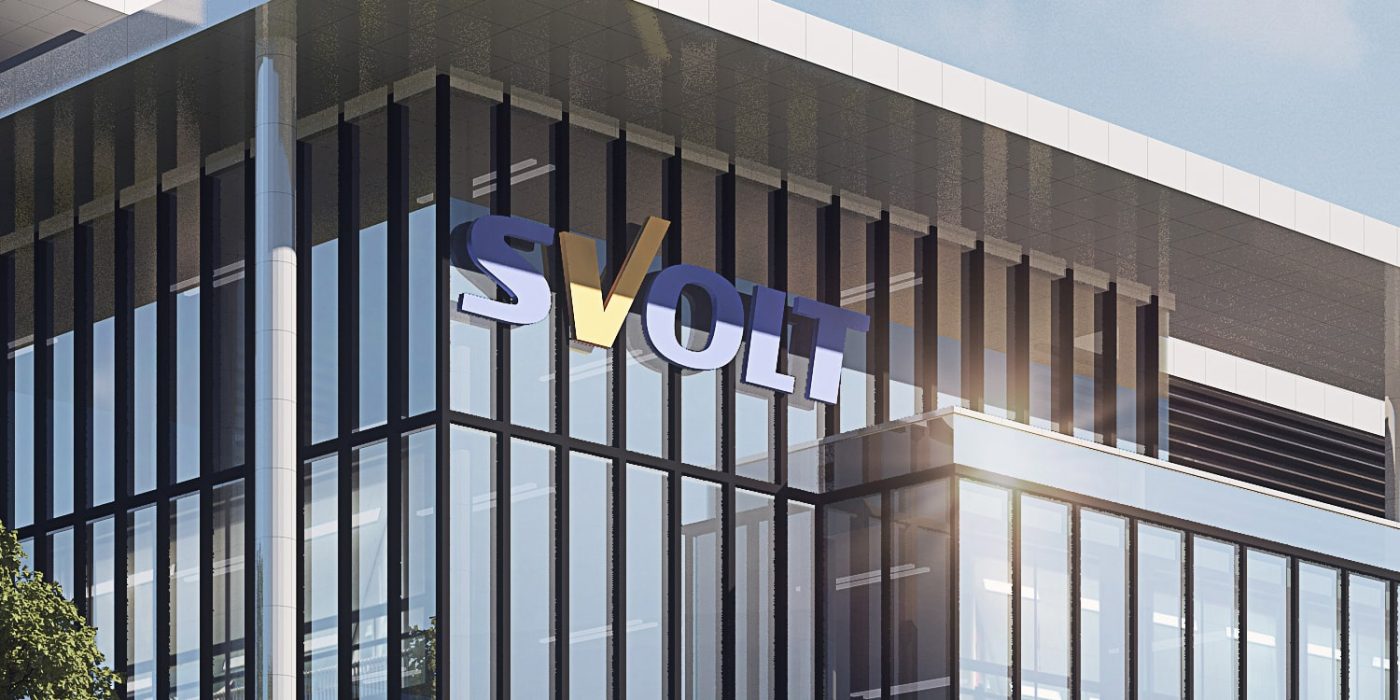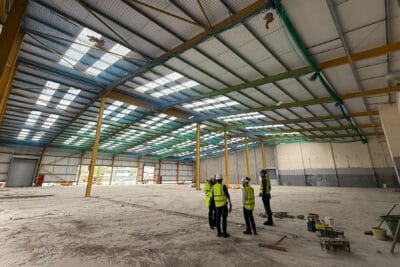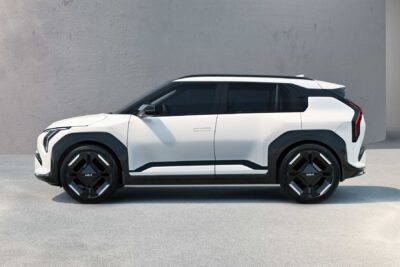SVOLT rumoured to have signed battery supply deal with BMW
SVOLT will become the third supplier of battery cells for BMW’s “Neue Klasse” electric cars, according to Chinese media. According to insiders, the battery cell manufacturer SVOLT, which emerged from the Chinese carmaker Great Wall, has received an order from BMW worth up to 13 billion US dollars for a total volume of almost 90 GWh. Production of SVOLT round cells for BMW is scheduled to start at the end of 2027.
However, the exact use of the SVOLT cells is unclear. According to the report, they are “short-blade cells”; a prismatic cell format. Additionally, BMW still uses prismatic cells in the current generation of its electric cars. However, the switch to cylindrical cells is planned for the ‘New Class’ vehicles, which will be launched in 2025. Since the SVOLT cells are to be used in “BMW’s new-generation platform for purely electric vehicle models”, this points to that new class. However, it is also possible that the battery packs of the new class will be able to accommodate not only cylindrical cells but also prismatic cells. However, this has not been confirmed.
BMW had officially announced in September 2022 that the cylindrical cells for the New Class electric cars would be produced by three partners in a total of six factories with annual capacities of 20 GWh each, and confirmed CATL and Eve Energy as partners. That adds up to 120 gigawatt-hours per year. According to the new information from China, BMW is now planning a total of 160 GWh, of which SVOLT is to supply the said 90 GWh and the other two partners CATL and Eve Energy a total of 70 GWh.
To supply BMW’s battery cells, Eve Energy is already in the process of setting up a cell factory in Debrecen, Hungary. The plant is planned to have an annual capacity of 28 gigawatt-hours and should go into operation in 2026. CATL is also in the process of setting up a battery factory in Hungary, and will likely supply more German OEMs, as Mercedes is already signed up as a customer. The annual production capacity is planned to reach 100 gigawatt-hours, and the ground-breaking ceremony took place last year, however it remains unclear when production will begin there.





0 Comments